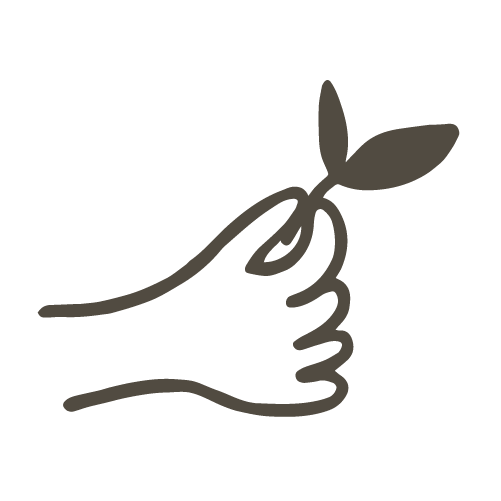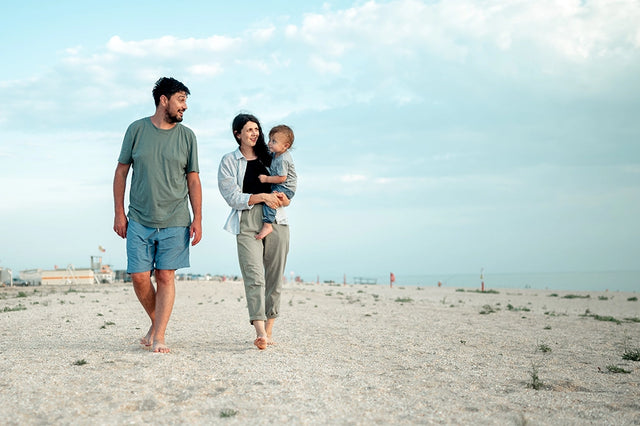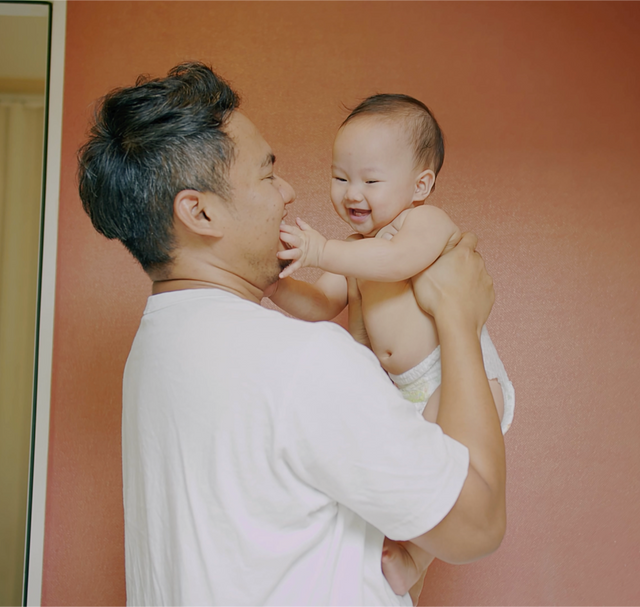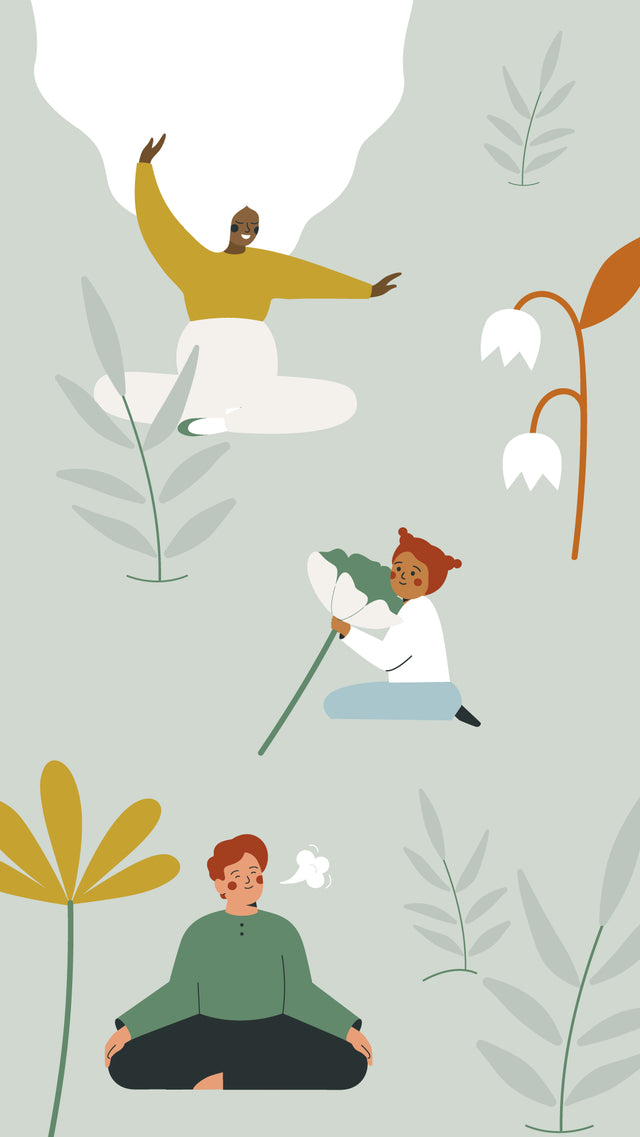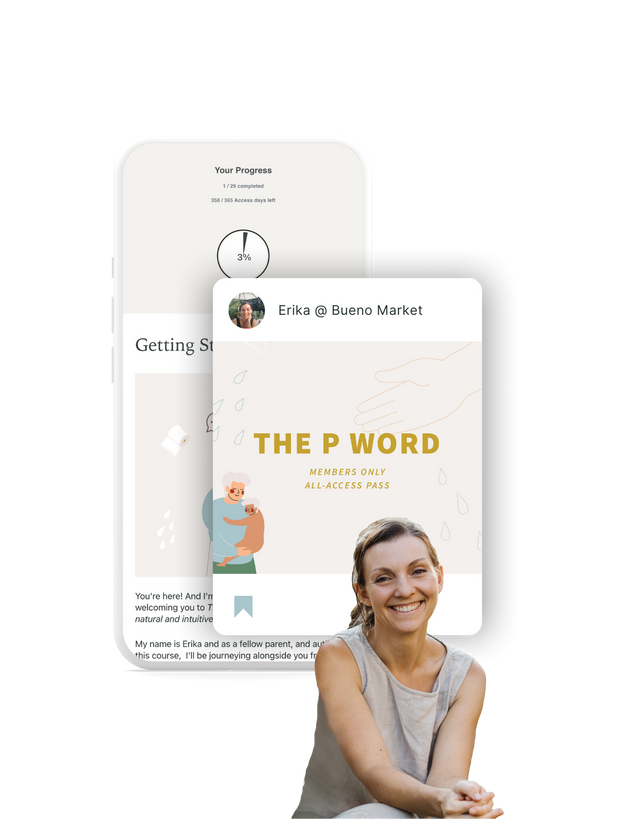Exceptional parenting, by design.
We're redefining early parenthood as a journey of healing, connection building, and joy.
Enter the heart of Bueno Market and learn how we're helping good folks raise great kids.
Ground(ing) rules
The values we live by:
Thoughtfulness: Each course and product is crafted for immediate application in your next parenting moment.
Holistic Wellness: Embracing the interconnectedness of mind and body lies at the heart of everything we offer.
Self-awareness and Skill Building: Recognizing that both parents and children are on their unique growth journey opens up room for new possibilities.
Science-based Structure: Grounding ourselves in clinical and research findings provides guardrails to approach parenting challenges.
Craftsmanship: We embrace the craftsmanship mentality both as a way of being internally, and operationally. With 70% of our products made in Ontario, Canada, 10% in Quebec, and the rest sourced sustainably from the UK, we support craftsmanship and sustainable materials.
We call it Bueno Vibes.
Our customers call it exactly what they needed.Hailey S.CanadaHer gentle encouragement combined with knowledge, research and resources was exactly what I needed to support M. You are in THE right spot.
We've set high standards for our products and services, aiming to redefine the educational, social, and environmental norms.
Our Parenting-Worthy Principles
We believe in:
Building the Brain: Encouraging sustained focus, increased emotional regulation, and heightened mindfulness.
Nurturing Resilience: Cultivating a love for purpose, concentration, self-discipline, self-awareness and sociability, through evidence-based brain and body practices.
Respecting and Building on Current Abilities: Observing, planning for skill building, and recognizing progress.
Following the Child: With patience, a prepared environment, and respect for each child's unique contributions.
Working with Sensitive Periods/Developmental Leaps: Identifying and providing opportunities for repetition and problem-solving during critical windows.
Growing the Sense of Self: Encouraging independence, respecting individuality, and nurturing a growth mindset.
Operating Sustainably: For all inputs – the earth, time, energy, and emotions.
Bonding with Nature: Connecting back to the story of our universe and Earth when possible.
Honoring the Past and Respecting the Future: Cultivating respect for self, humanity, the world, and the universe.
Discouraging Consumerism and Overconsumption: Focusing on being more and needing less.
Promoting Reality, Imagination, and then Fantasy: Building a strong foundation in reality, allowing room for imaginative play, and reserving fantasy until the brain distinguishes between fiction and reality.
Celebrating Diversity and Inclusion: Shaped by the beauty and depth of life, across time and place.
Being a Model: Demonstrating good manners, healthy eating, respectful interactions, and appropriate use of objects.
